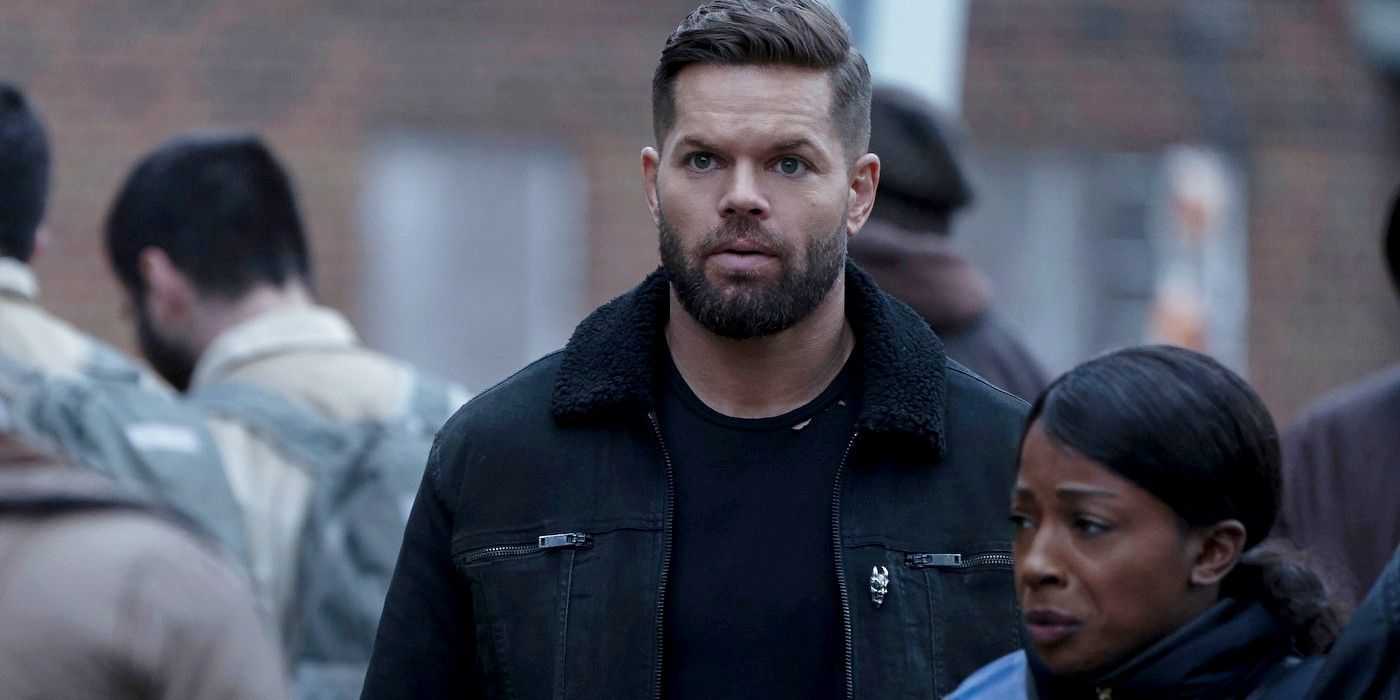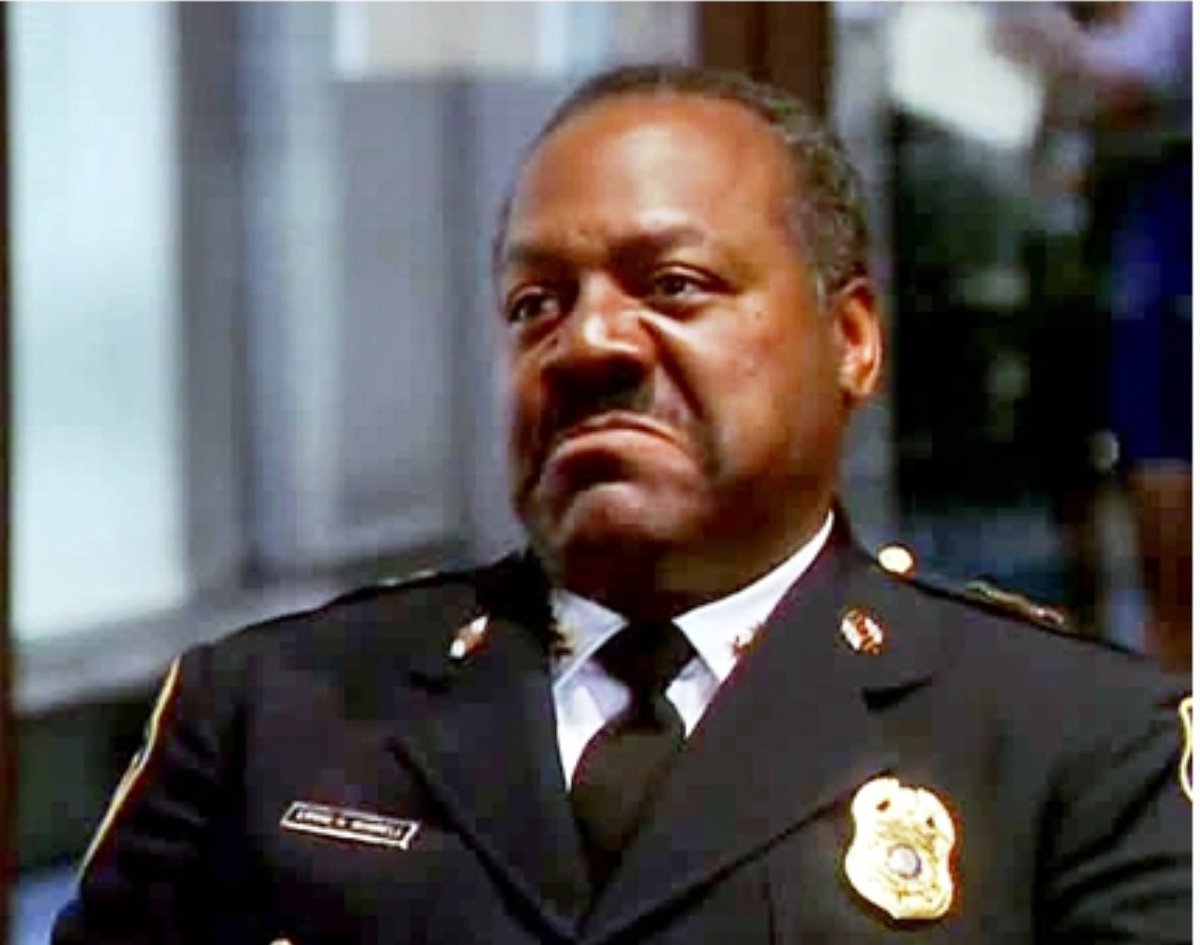Deacon King Kong is the 51st book I read this year-- 2020 was good for something-- and it is the best piece of fiction I've run into in a long while; I'm not going to write a long review-- just read the thing-- but I will post up my Kindle notes . . . my favorite sentences from this fever dream that's exploded from James McBride's brain-- a fictionalized account of the Brooklyn housing project in which he grew up . . . the year is 1969 and it's all going down in this book, which is about urban decay and revitalization, baseball, drugs, race, language and tall tales . . . it is so much fun, even when it gets dark-- and there's some romance and a mystery to keep the plot cooking . . . the book begins with Sportcoat-- the old drunk church deacon, walking up to a young heroin dealer (who he coached as a child) and shooting him in the ear . . . but really the book begins with the mystery of the free cheese:
“Look who’s talking. The cheese thief!” That last crack stung him. For years, the New York City Housing Authority, a Highlight hotbed of grift, graft, games, payola bums, deadbeat dads, payoff racketeers, and old-time political appointees who lorded over the Cause Houses and every other one of New York’s forty-five housing projects with arrogant inefficiency, had inexplicably belched forth a phenomenal gem of a gift to the Cause Houses: free cheese.
and then there's some backstory on Sportcoat:
When he was slapped to life back in Possum Point, South Carolina, seventy-one years before, the midwife who delivered him watched in horror as a bird flew through an open window and fluttered over the baby’s head, then flew out again, a bad sign. She announced, “He’s gonna be an idiot,”
At age three, when a young local pastor came by to bless the baby, the child barfed green matter all over the pastor’s clean white shirt. The pastor announced, “He’s got the devil’s understanding,” and departed for Chicago, where he quit the gospel Highlight and became a blues singer named Tampa Red and recorded the monster hit song “Devil’s Understanding,” before dying in anonymity flat broke and crawling into history, immortalized in music studies and rock-and-roll college courses the world over, idolized by white writers and music intellectuals for his classic blues hit that was the bedrock of the forty-million-dollar Gospel Stam Music Publishing empire, from which neither he nor Sportcoat ever received a dime.
At age five, Baby Sportcoat crawled to a mirror and spit at his reflection, a call sign to the devil, and as a result didn’t grow back teeth until he was nine.
Sportcoat was a walking genius, a human disaster, a sod, a medical miracle, and the greatest baseball umpire that the Cause Houses had ever seen, in addition to serving as coach and founder of the All-Cause Boys Baseball Team.
and then-- in contrast to old school Sportcoat-- you've got the corrupted youth:
you've got the Clemens was the New Breed of colored in the Cause. Deems wasn’t some poor colored boy from down south or Puerto Rico or Barbados who arrived in New York with empty pockets and a Bible and a dream. He wasn’t humbled by a life of slinging cotton in North Carolina, or hauling sugarcane in San Juan. None of the old ways meant a penny to him. He was a child of Cause, young, smart, and making money hand over fist slinging dope at a level never before seen in the Cause Houses.
and the requisite Italian mobsters . . . this is Brooklyn in the late '60s:
Everything you are, everything you will be in this cruel world, depends on your word. A man who cannot keep his word, Guido said, is worthless.
and various kind of crime:
“A warrant ain’t nothing, Sausage,” Sportcoat said. “The police gives ’em out all over. Rufus over at the Watch Houses got a warrant on him too. Back in South Carolina.”
“He does?” Sausage brightened immediately. “For what?”
“He stole a cat from the circus, except it wasn’t no cat. It got big, whatever it was, so he shot it.”
Where’s the box?” “The church got plenty money.” “You mean the box in the church?” “No, honey. It’s in God’s hands. In the palm of His hand, actually.” “Where’s it at, woman?!”
“You ought to trade your ears in for some bananas,” she said, irritated now.
and superstition:
His wife put a nag on him, see, like Hettie done to you.”
“How you know Hettie done it?”
“It don’t matter who done it. You got to break it. Uncle Gus broke his by taking a churchyard snail and soaking it in vinegar for seven days. You could try that.”
“That’s the Alabama way of breaking mojos,” Sportcoat said. “That’s old. In South Carolina, you put a fork under your pillow and some buckets water around your kitchen. That’ll drive any witch off.”
“Naw,” Sausage said. “Roll a hound’s tooth in cornmeal and wear it about your neck.”
“Naw. Walk up a hill with your hands behind your head.”
“Stick your hand in a jar of maple syrup.”
“Sprinkle seed corn and butter bean hulls outside the door.”
“Step backward over a pole ten times.”
“Swallow three pebbles . . .”
They were off like that for several minutes, each topping the other with his list of ways to keep witches out, talking mojo as the modern life of the world’s greatest metropolis bustled about them.
“Never turn your head to the side while a horse is passing . . .”
“Drop a dead mouse on a red rag.”
“Give your sweetheart an umbrella on a Thursday.”
“Blow on a mirror and walk it around a tree ten times . . .”
They had reached the remedy of putting a gas lamp in every window of every second house on the fourth Thursday of every month when the generator, as if on its own, roared up wildly, sputtered miserably, coughed, and died.
and there's a shooter in the vein of The Wire's Brother Mouzone:
He wanted to say, “He’s a killer and I don’t want him near you.” But he had no idea what her reaction would be. He didn’t even know what Harold Dean looked like. He had no information other than an FBI report with no Highlight photo, only the vaguest description that he was a Negro who was “armed and extremely dangerous.”
and a romance between an Irish cop and an African-American church sister:
“I’ll be happy,” he said, more to the ground than to her, “to come back and bring what news I can.”
“I’ll be waiting,” Sister Gee said. But she might as well have been speaking to the wind.
the dark side of the drugs:
Men who made their girlfriends do horrible things, servicing four or five or eight men a night, who made their women do push-ups over piles of dogshit for a hit of heroin until, exhausted, the girls dropped into the shit so the men could get a laugh.
and, finally, a clash of values that is epic and poetic:
"I’m in the last Octobers of life, boy. I ain’t got many more Aprils left. It’s a right end for an old drunk like me, and a right end for you too that you die as a good boy, strong and handsome and smart, like I remembers you. Best pitcher in the world. Boy who could pitch his way outta the shithole we all has to live in. Better to remember you that way than as the sewer you has become. That’s a good dream. That’s a dream an old drunk like me deserves at the end of his days. For I done wasted every penny I had in the ways of goodness so long ago, I can’t remember ’em no more.”
He released Deems and flung him back against the bed so hard Deems’s head hit Highlight the headboard and he nearly passed out again. “Don’t ever come near me again,” Sportcoat said. “If you do, I’ll deaden you where you stand.”















